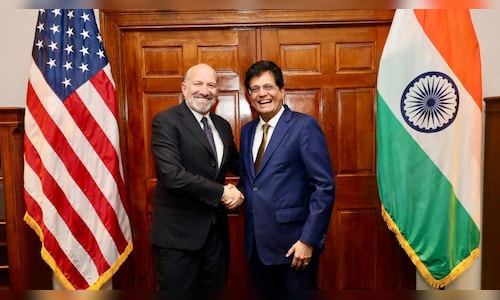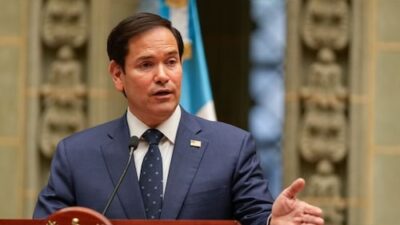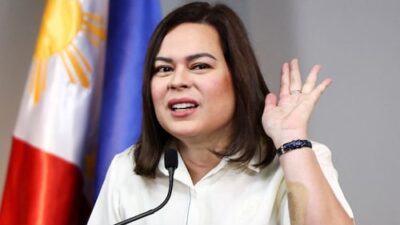Sources also noted that the exchanges with the American delegation were constructive, making strides toward a mutually beneficial and balanced agreement, with significant early outcomes. Both parties have pledged to keep the negotiations progressing to fast-track the completion of the initial phase of the BTA.
The Indian team engaged in discussions with the American delegation, led by Assistant US Trade Representative Brendon Lynch, in New Delhi. Talks centered on enhancing market access, lowering tariff and non-tariff barriers, and strengthening supply chain resilience and integration.
Last week, Commerce and Industry Minister Piyush Goyal mentioned that India and the US aim to offer preferential market access to businesses while continuing bilateral negotiations on issues such as tariffs on aluminum and steel. Sources indicated that an interim deal seems plausible before the first phase of the proposed BTA.
On May 21, government officials disclosed that India is aiming for a full exemption from the additional 26% tariffs as part of the interim trade agreement it is discussing with the US. The goal is to finalize the deal by July 9, thus preventing the implementation of reciprocal tariffs, which are currently on hold by the world’s largest economy.
Officials expressed that goods and digital services are anticipated to be incorporated into the interim trade agreement with the US. However, they pointed out that the Trump administration lacks the authority to reduce tariffs below the Most-Favored Nation (MFN) rate without Congressional approval in the US.
Nonetheless, the US government holds the capability to eliminate reciprocal tariffs for several nations, including India. The American side is also requesting concessions on industrial goods, automobiles, wines, petrochemicals, dairy, and various agricultural products.
India is striving to establish a minimum import price (MIP) or import quotas in sensitive sectors such as dairy and agriculture as part of the agreement.
Additionally, the Indian government is pushing for a reduction of 5% to 7% in Basic Customs Duty (BCD) on exports of labor-intensive products, like leather.
Both countries are working toward doubling bilateral trade to $500 billion, with the objective of signing the first phase of a comprehensive multi-sector trade agreement by October 2025.



